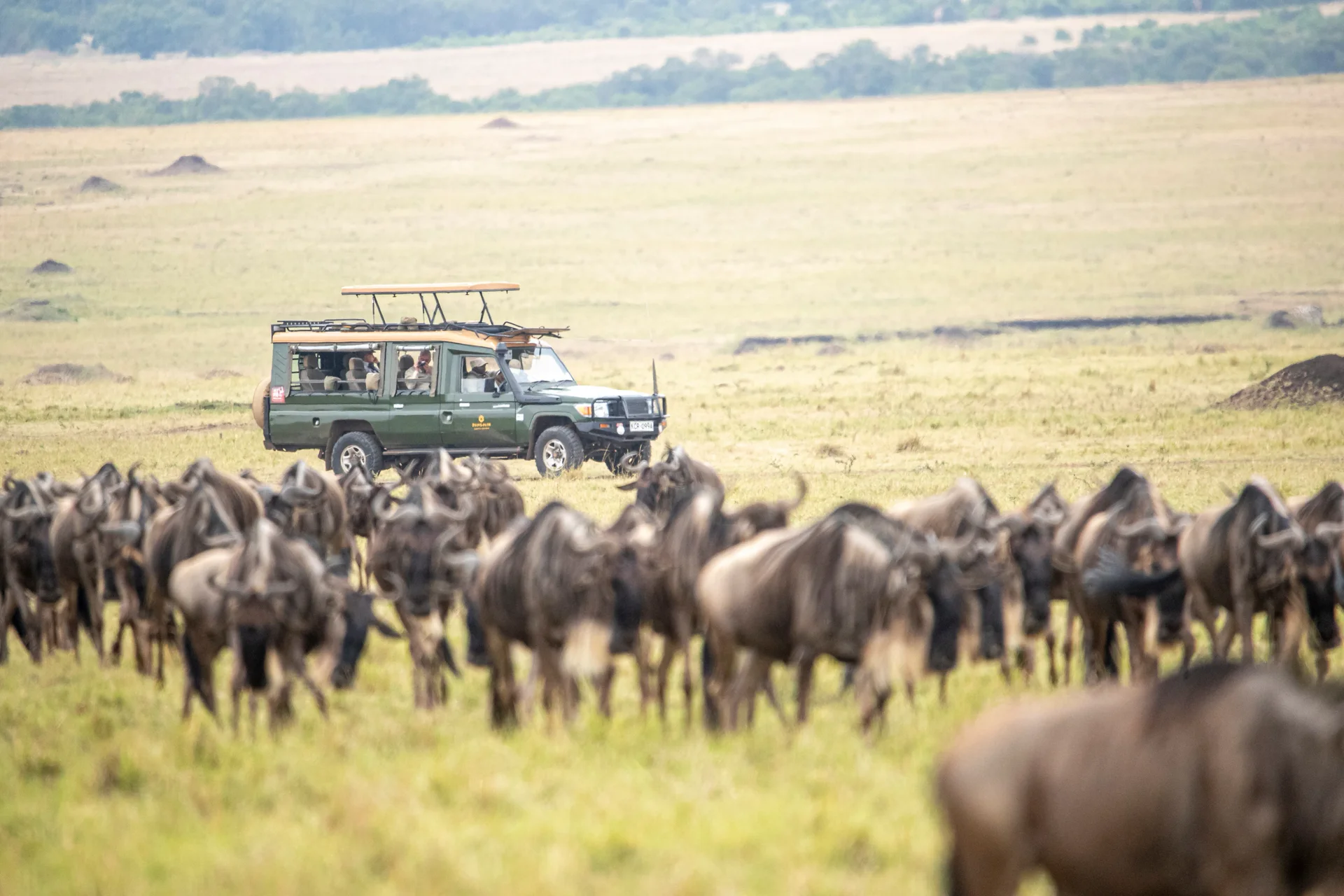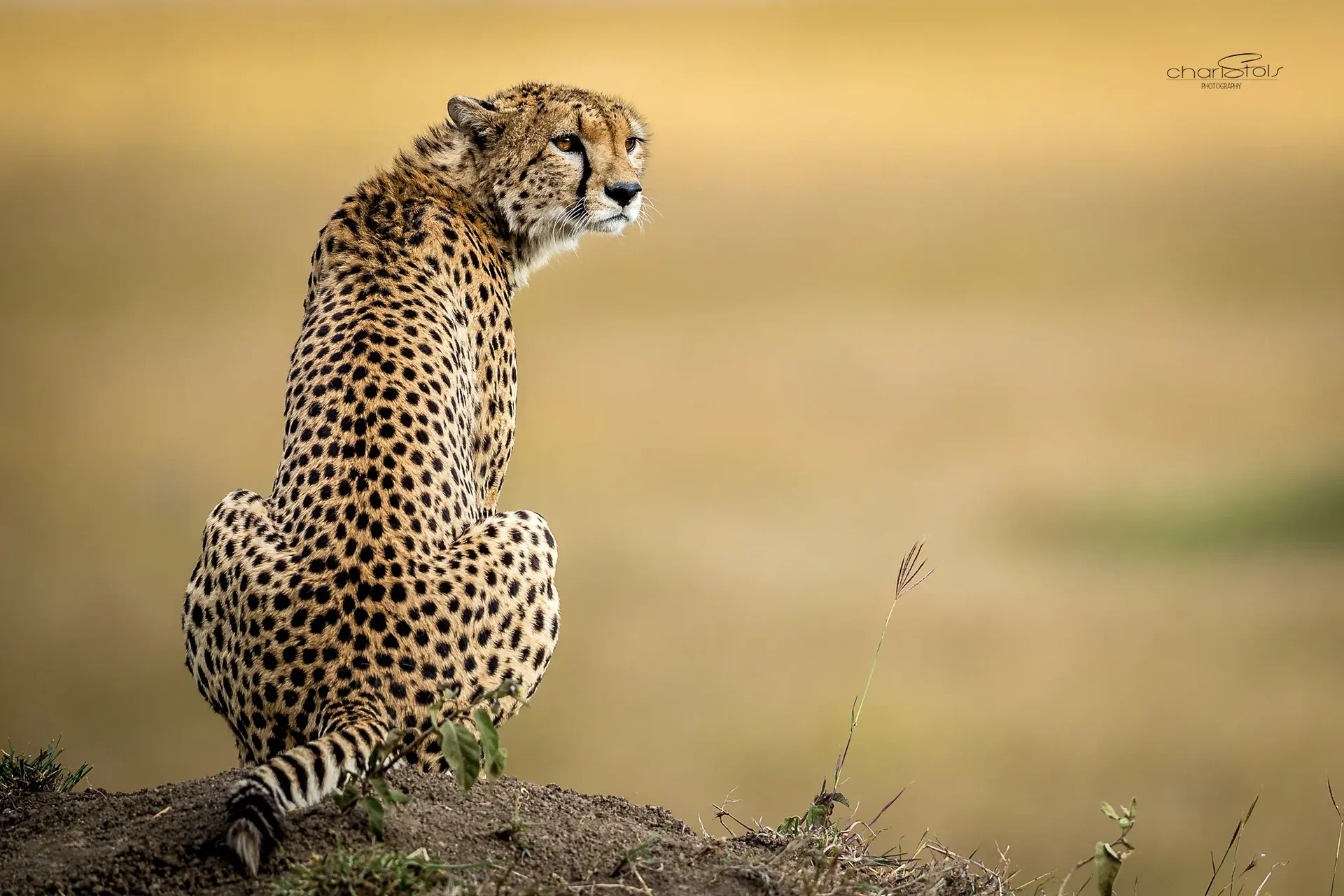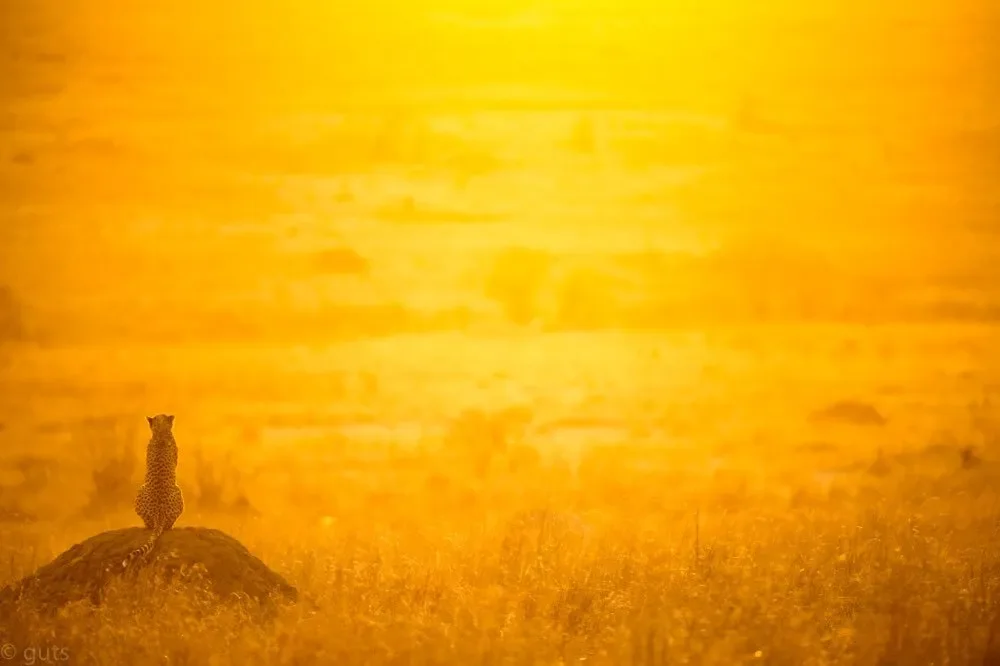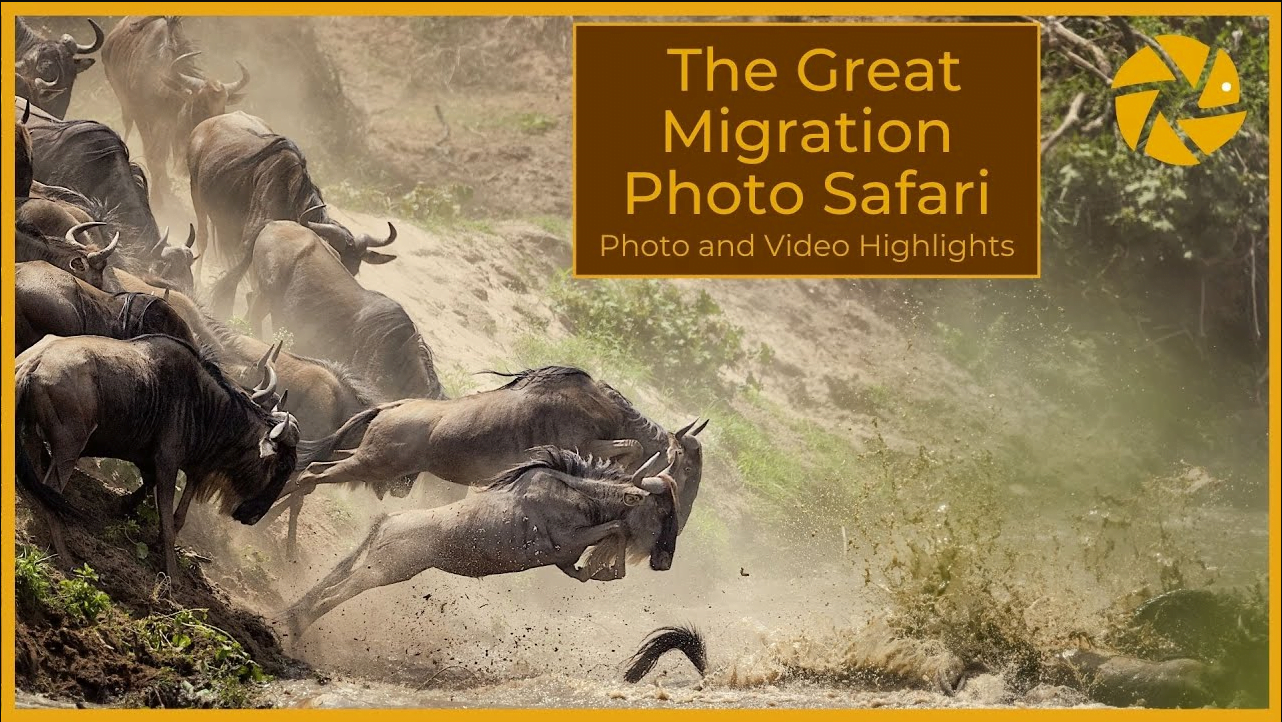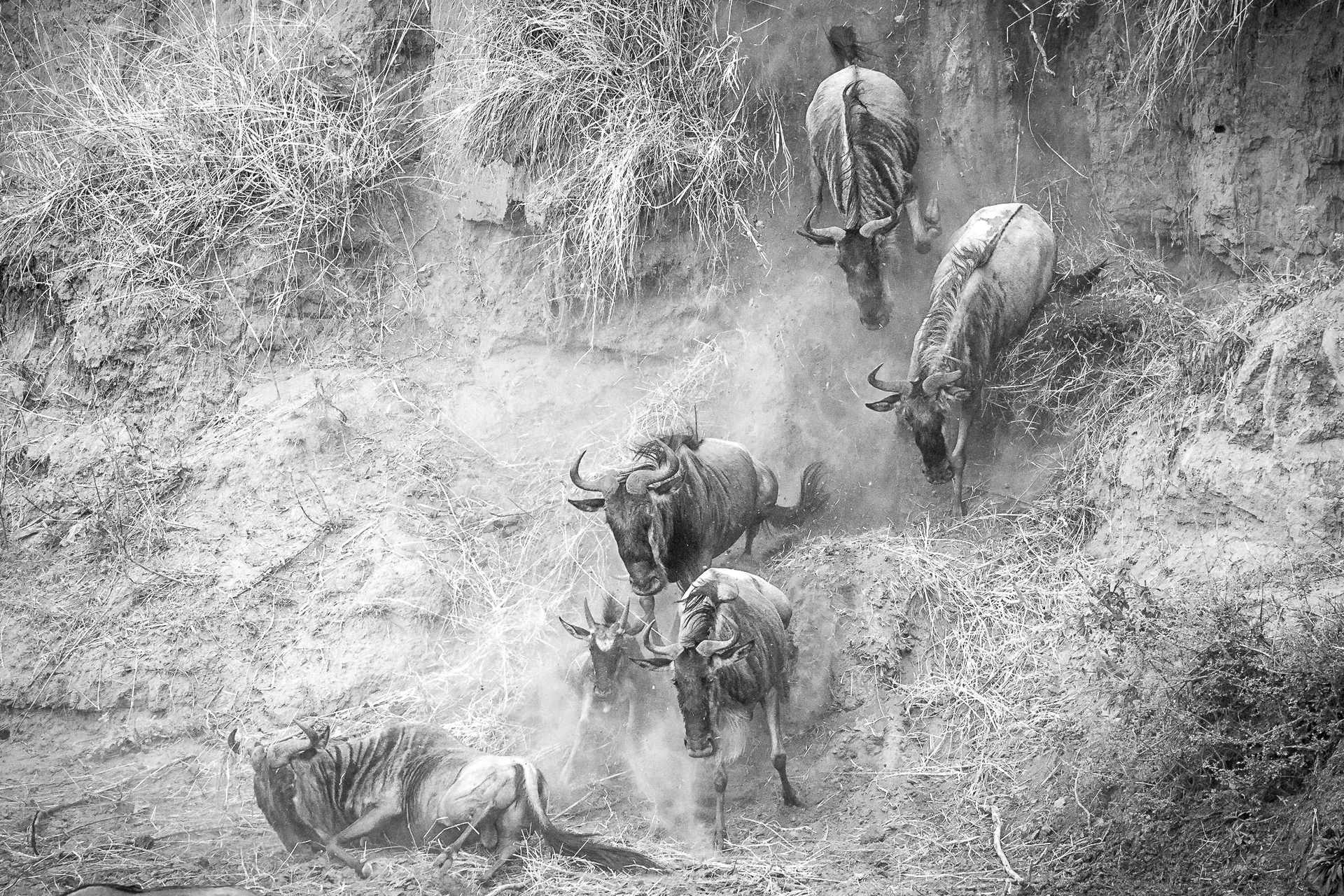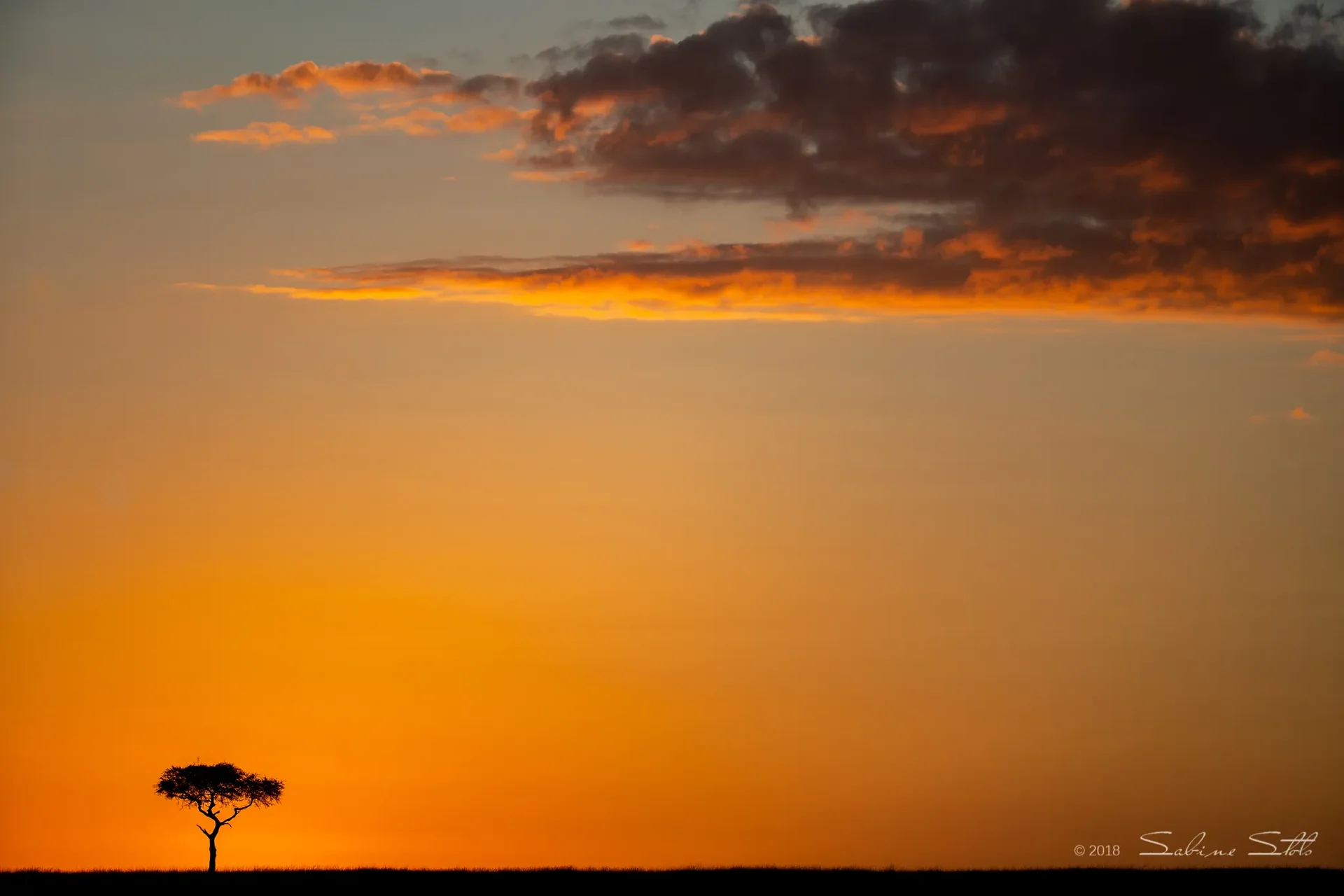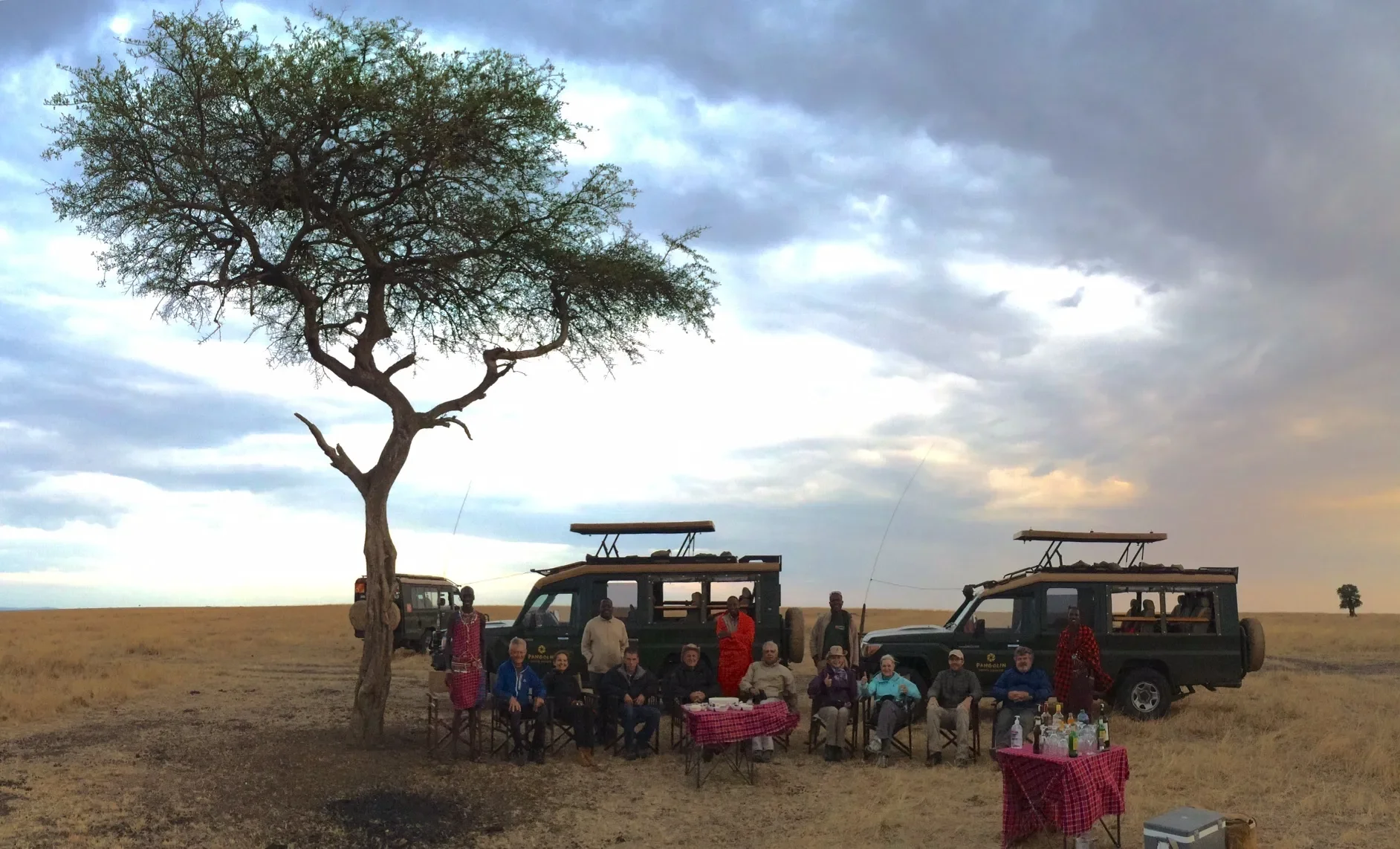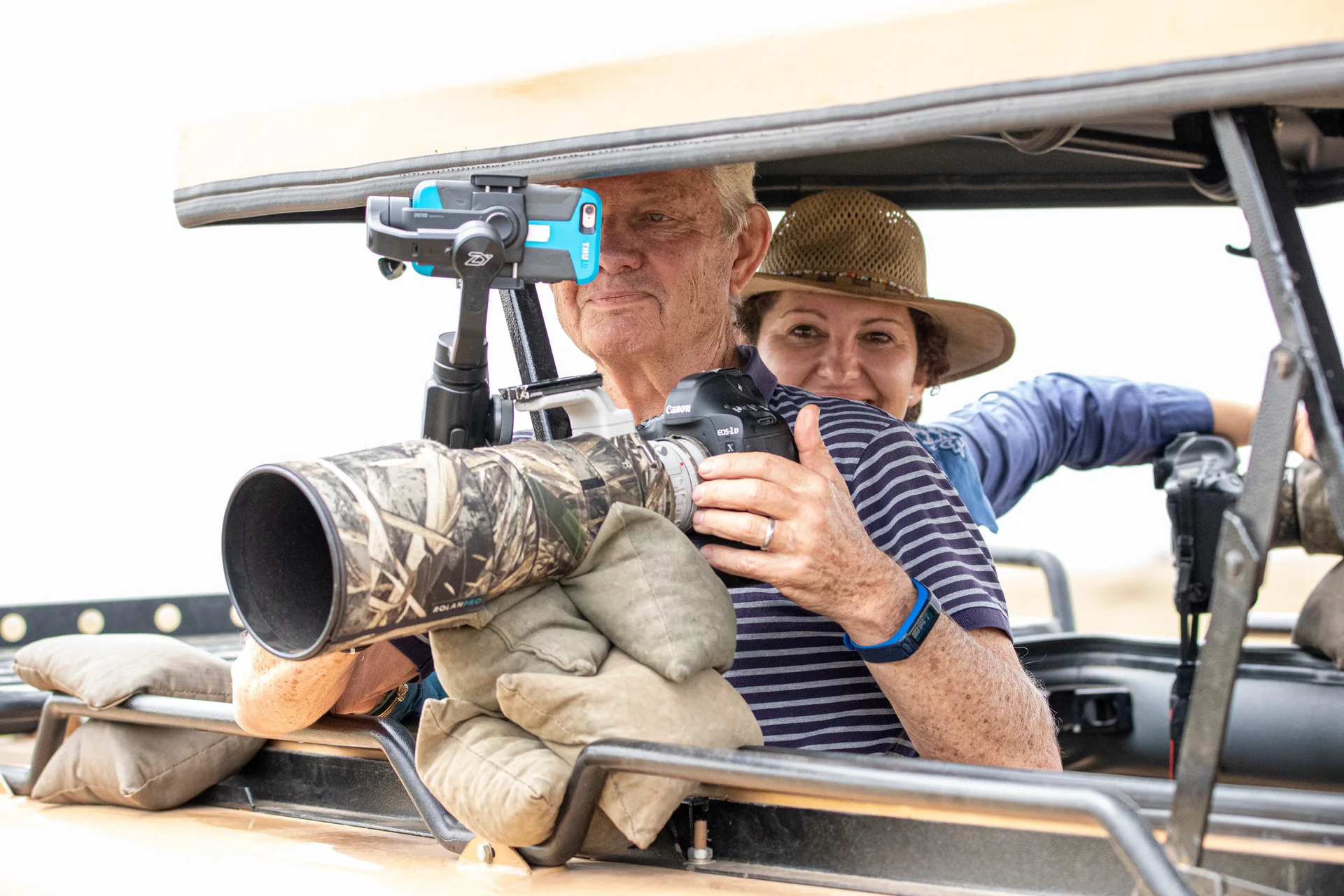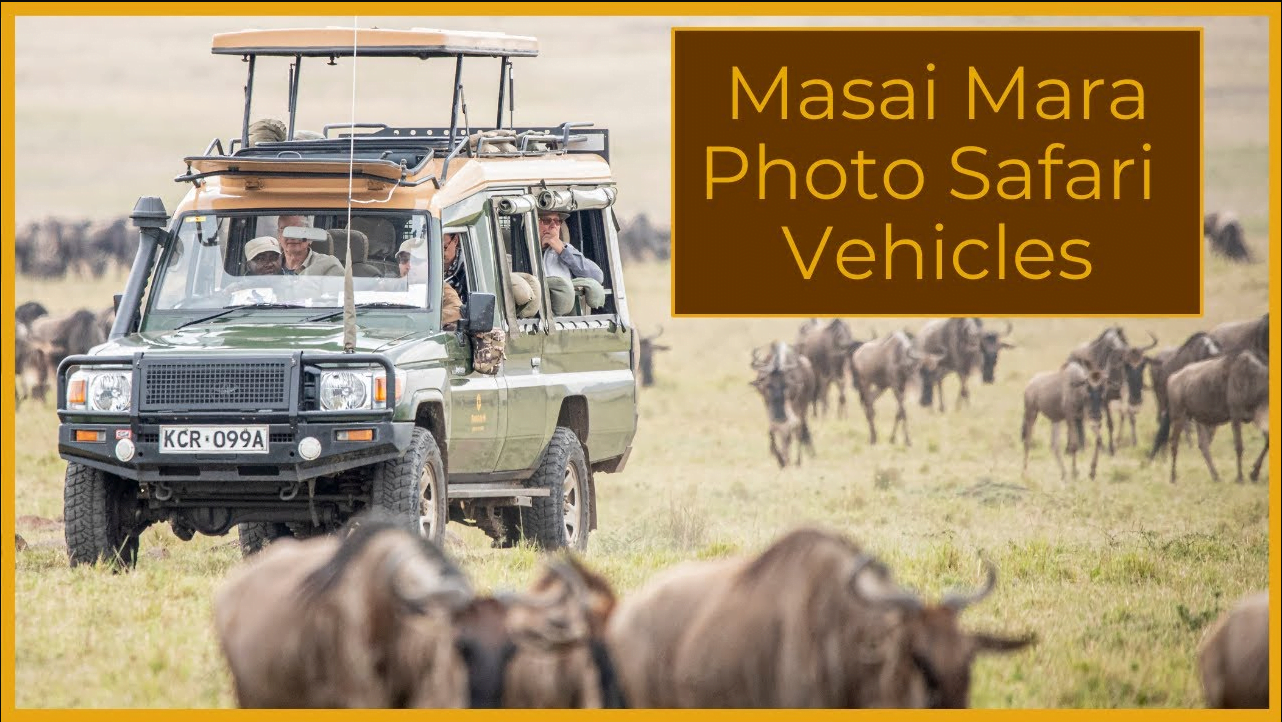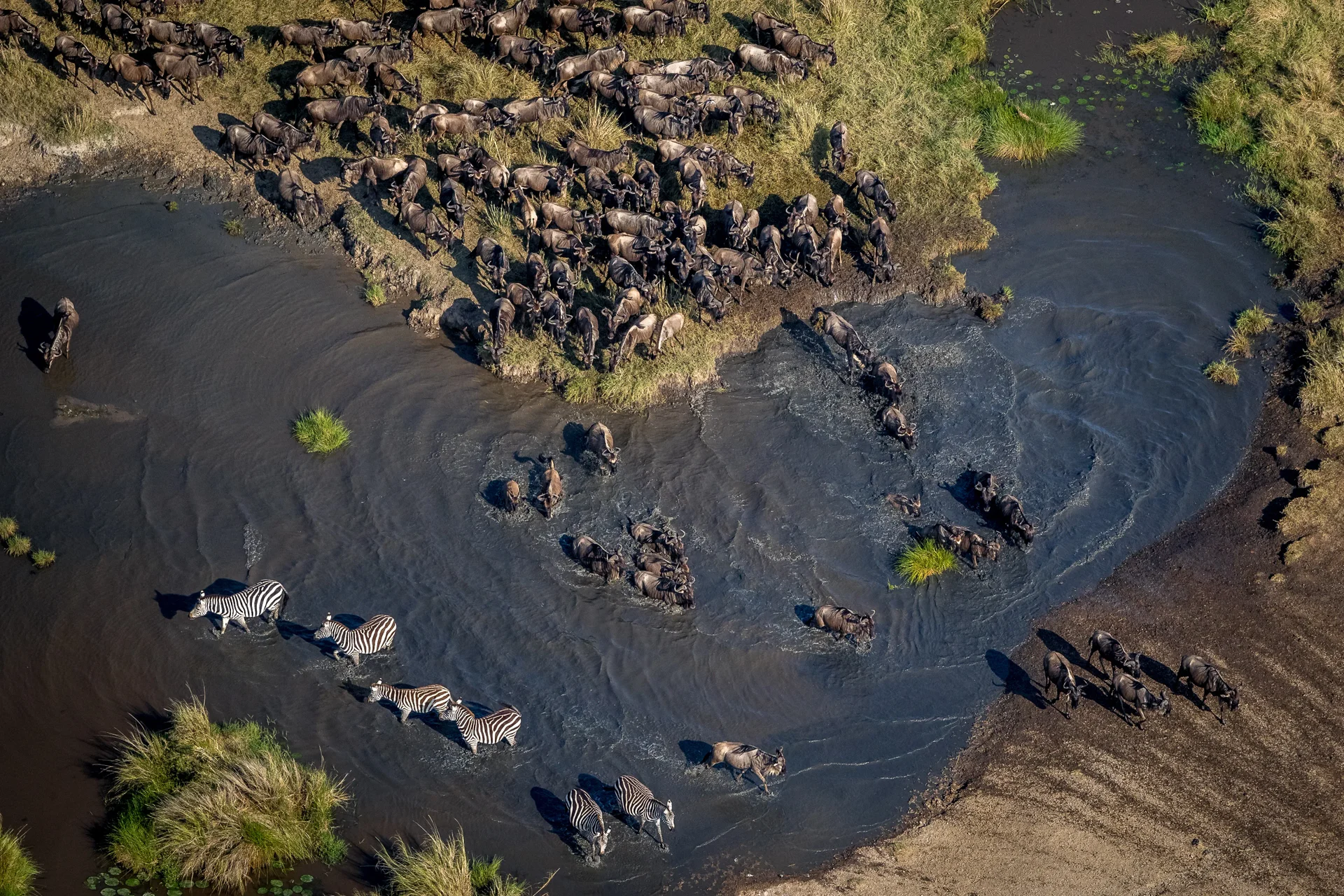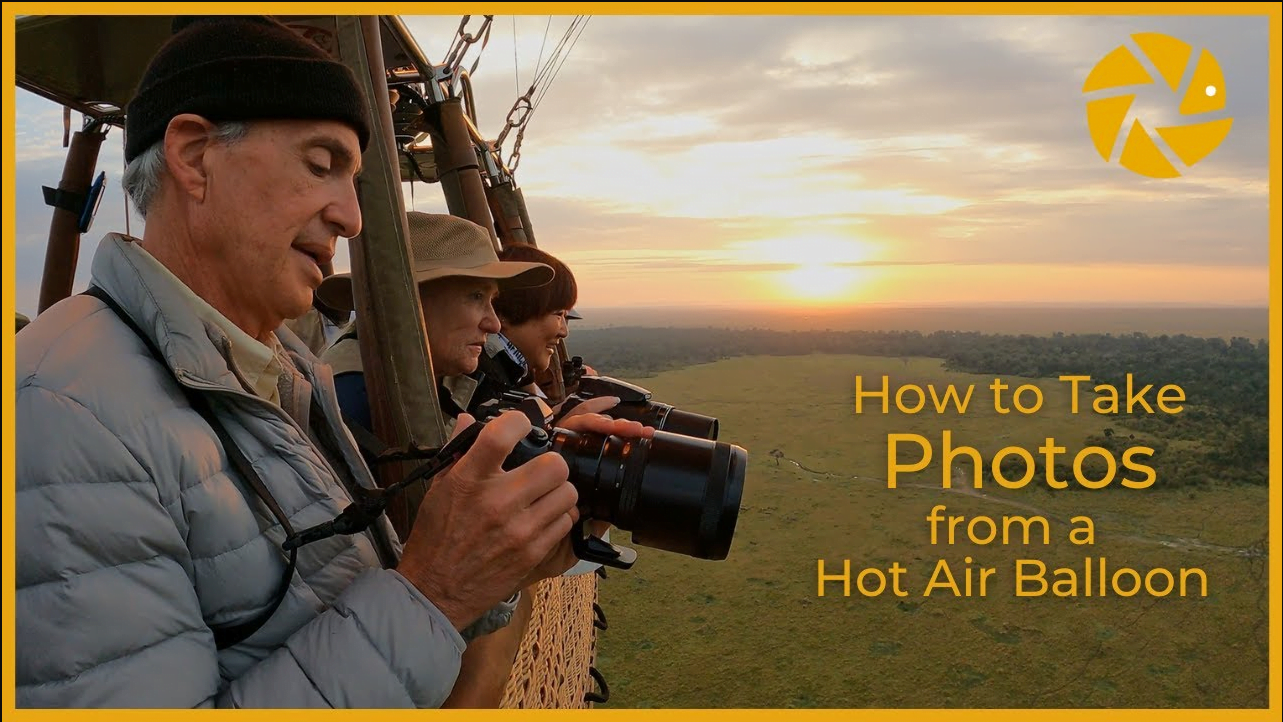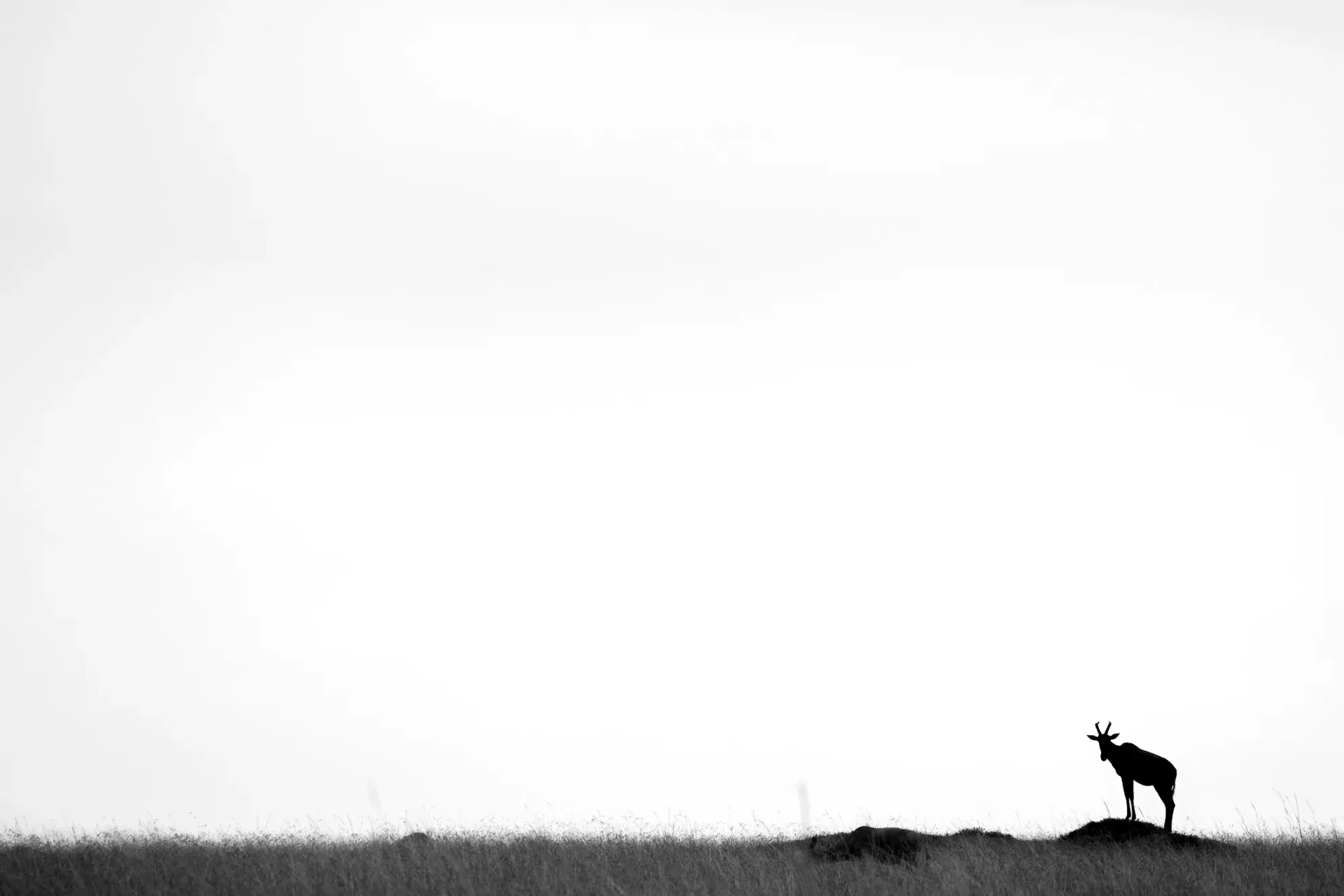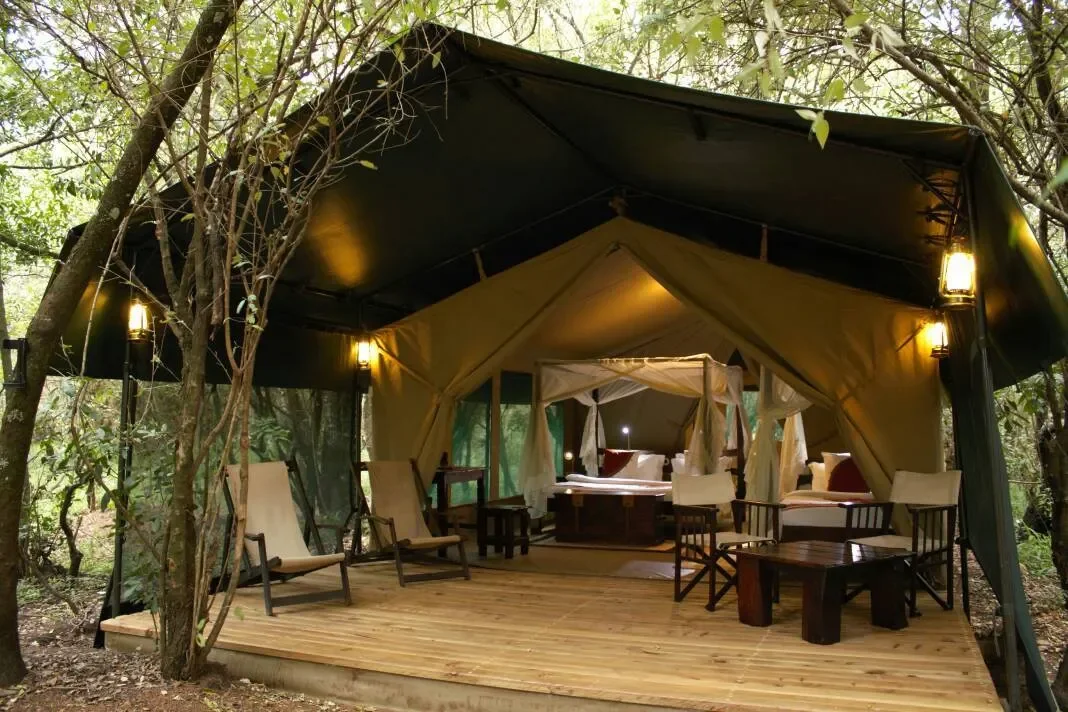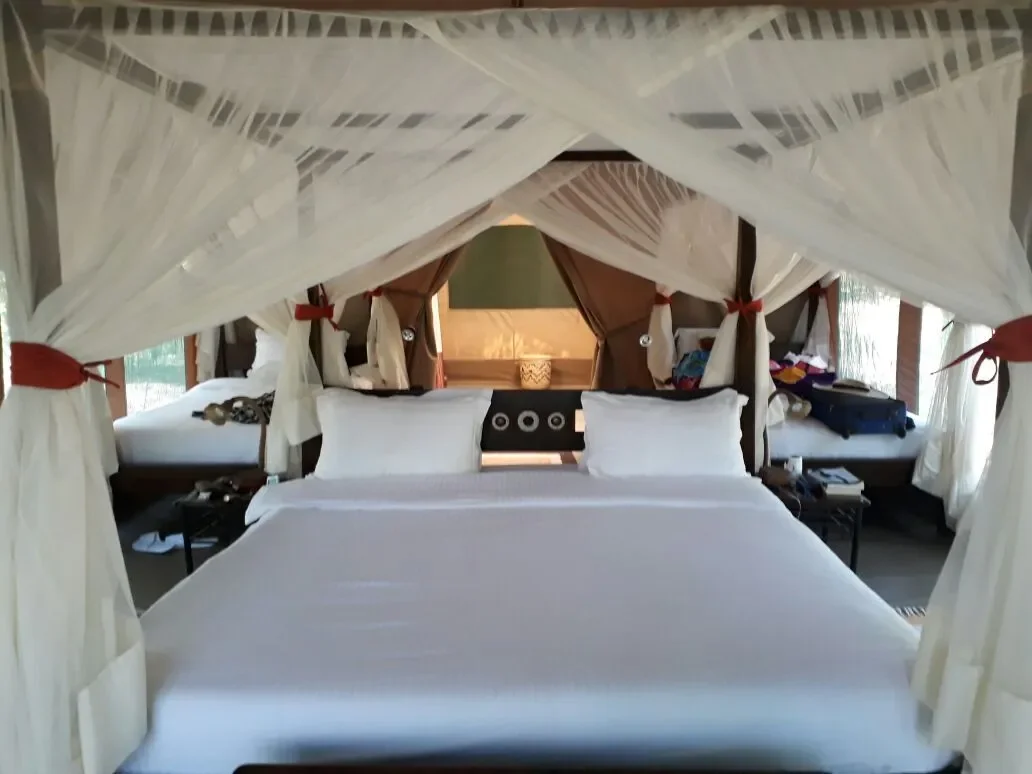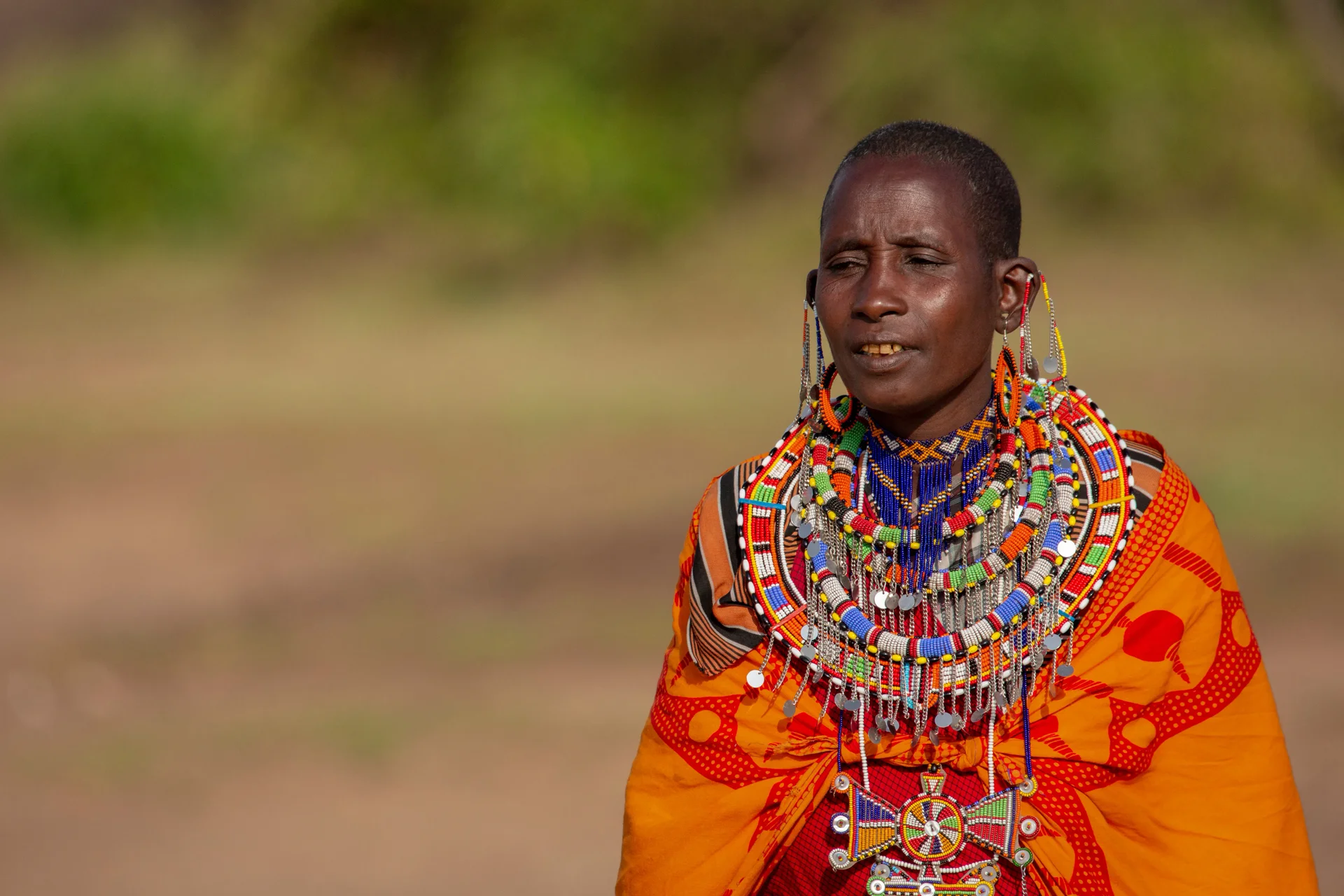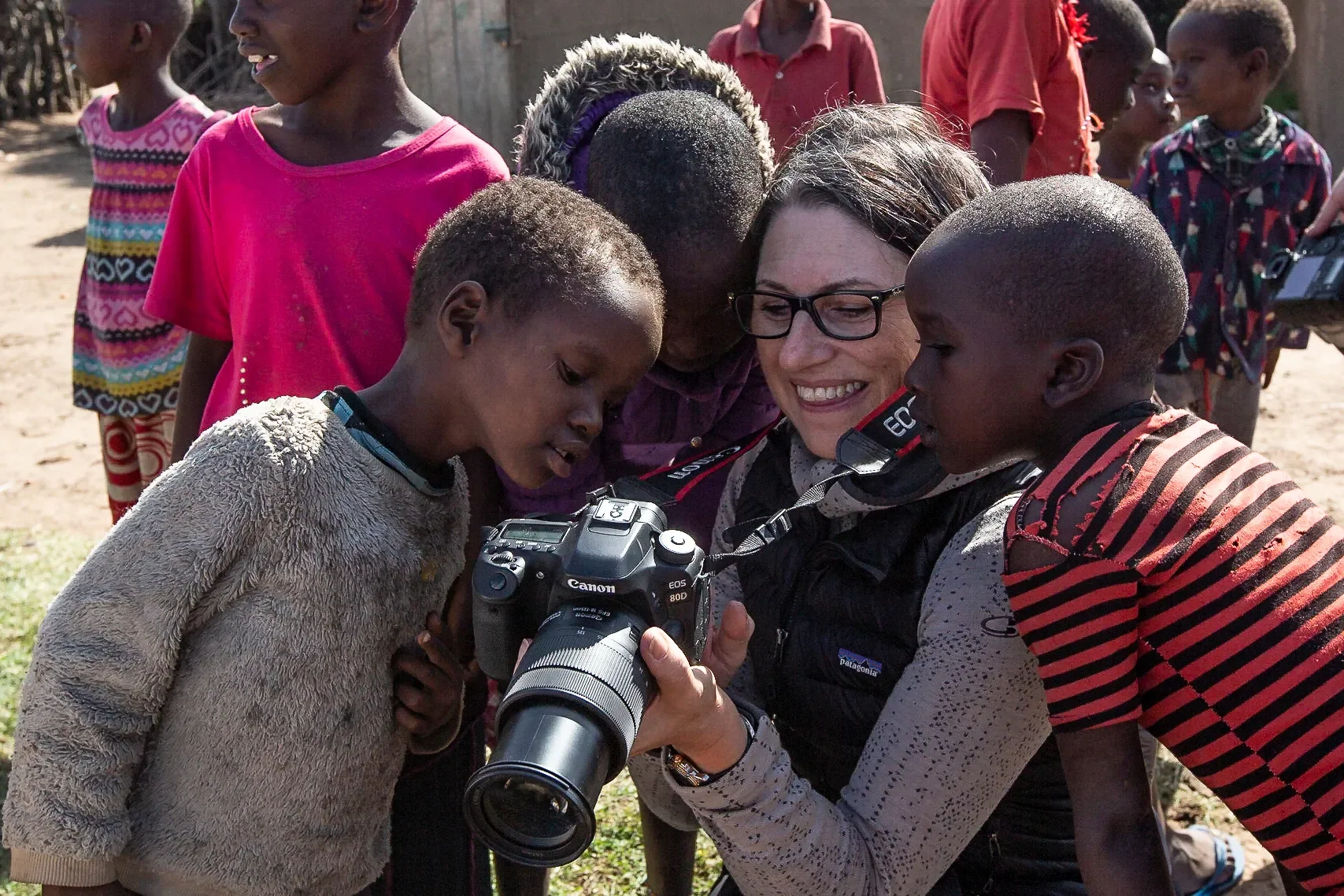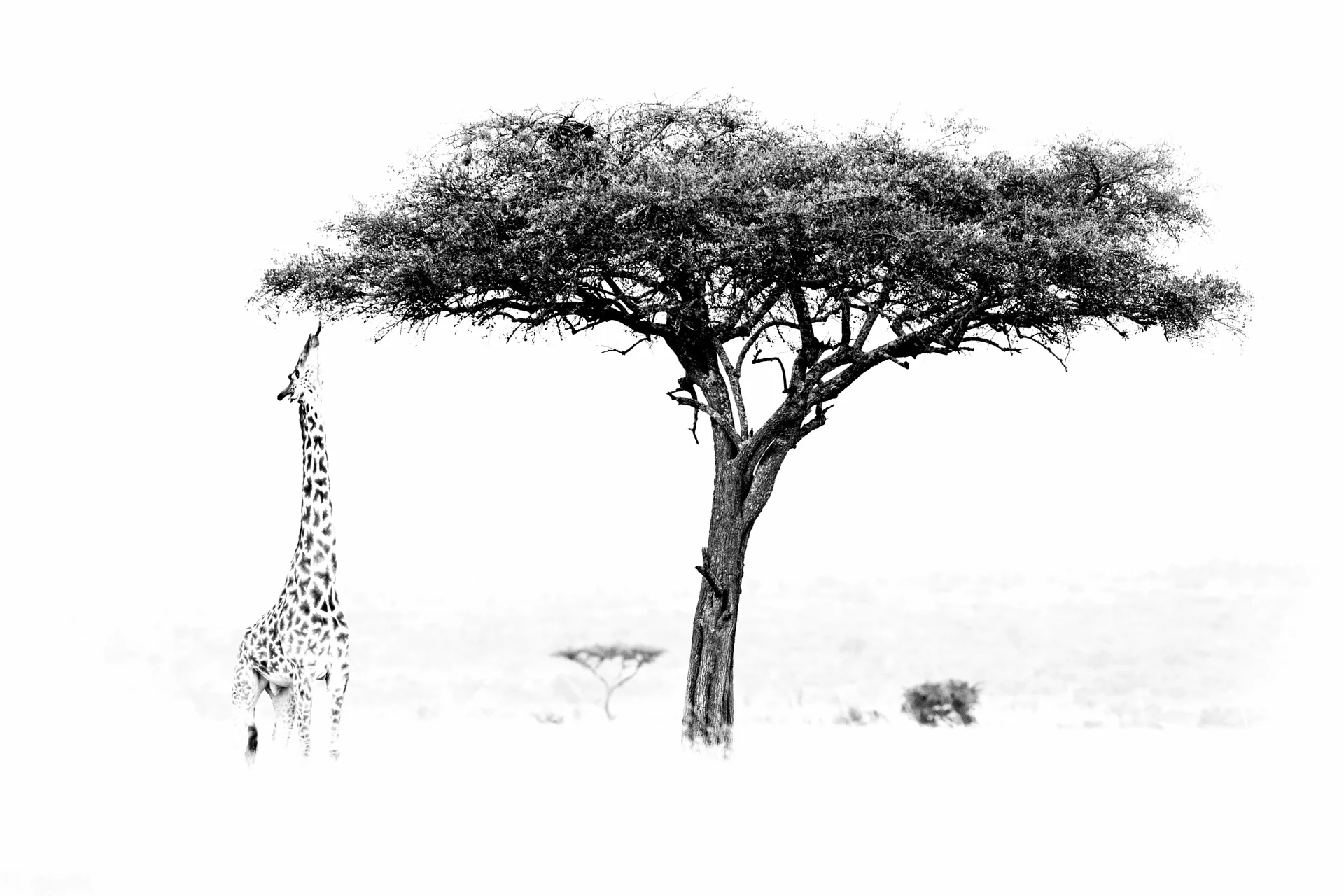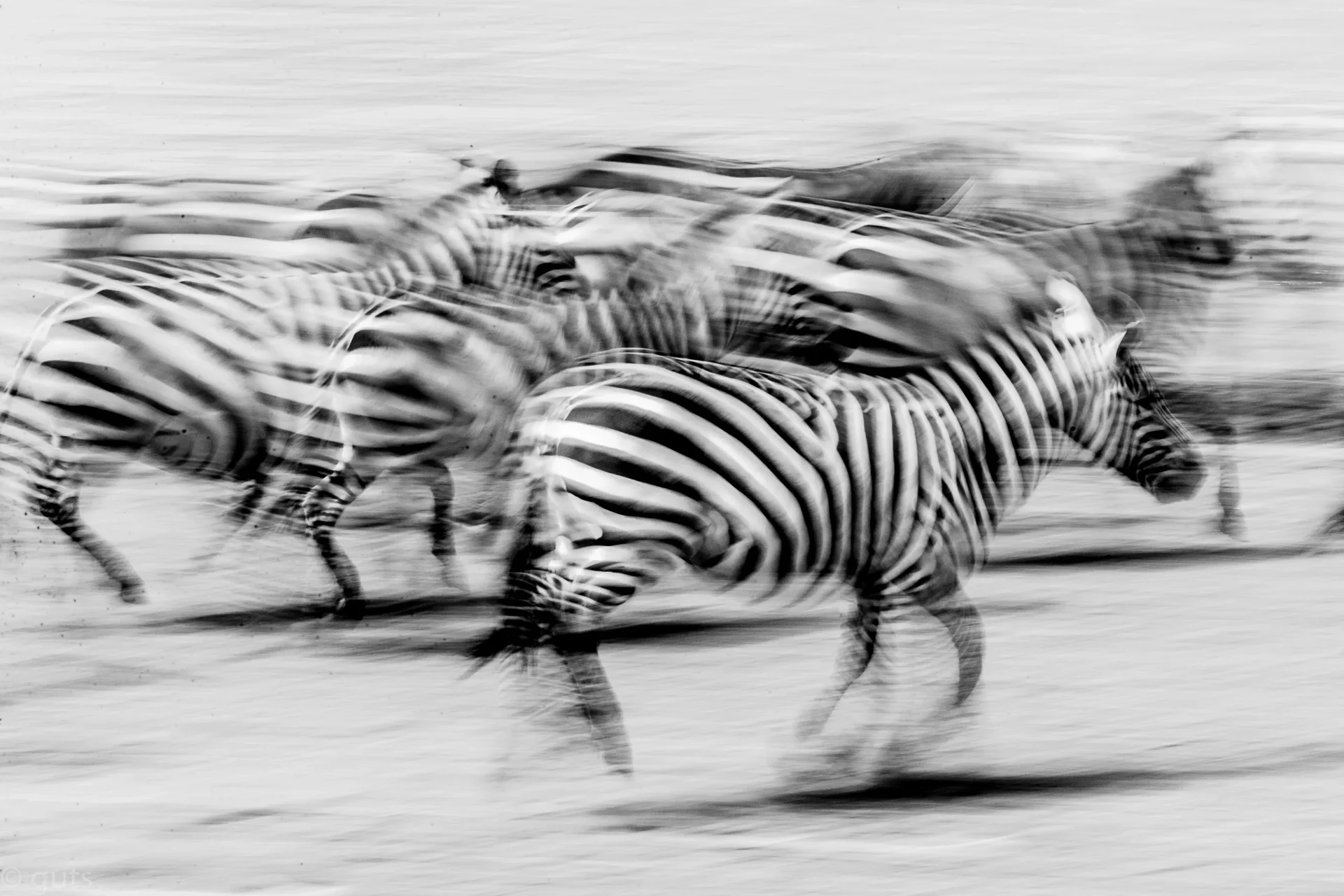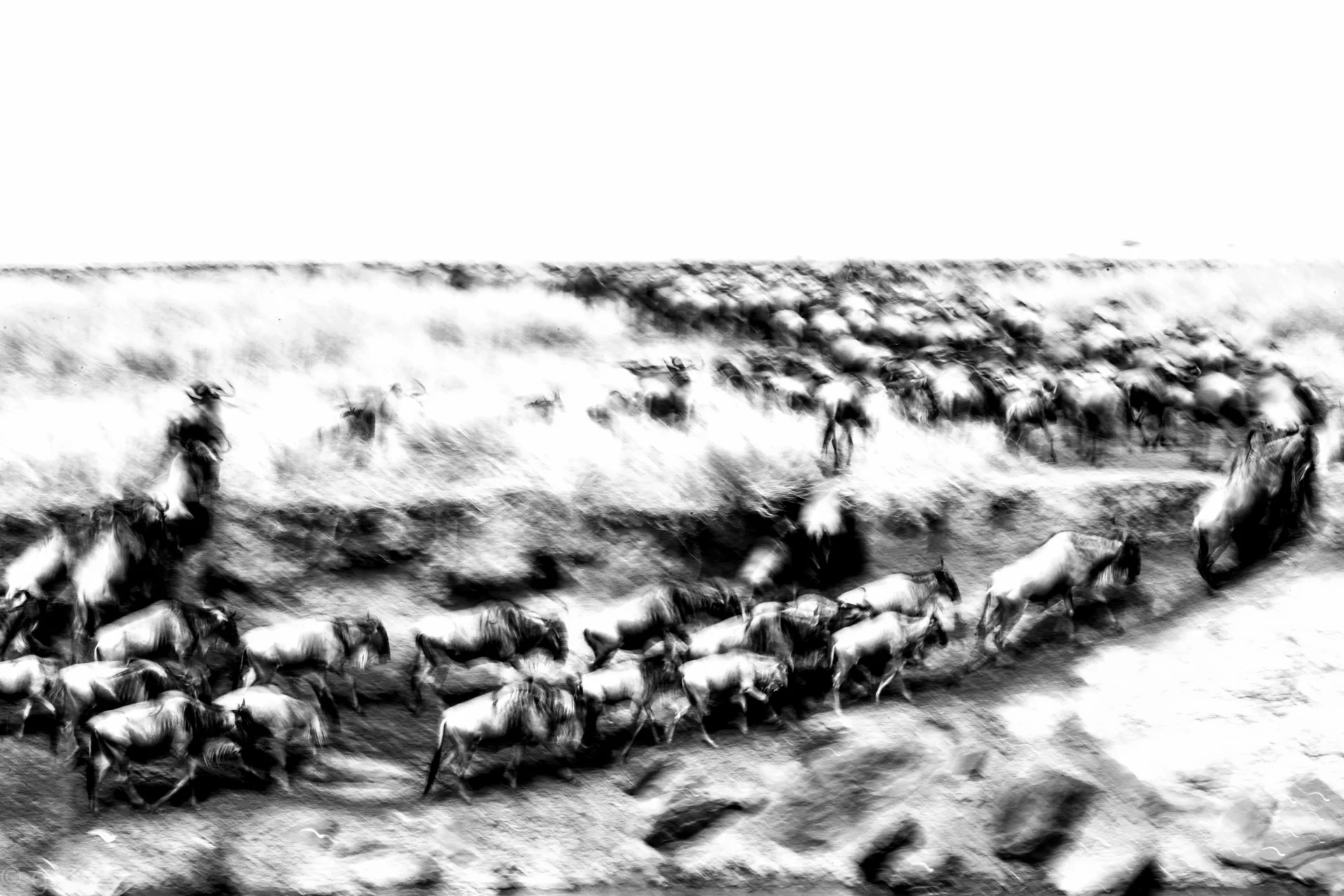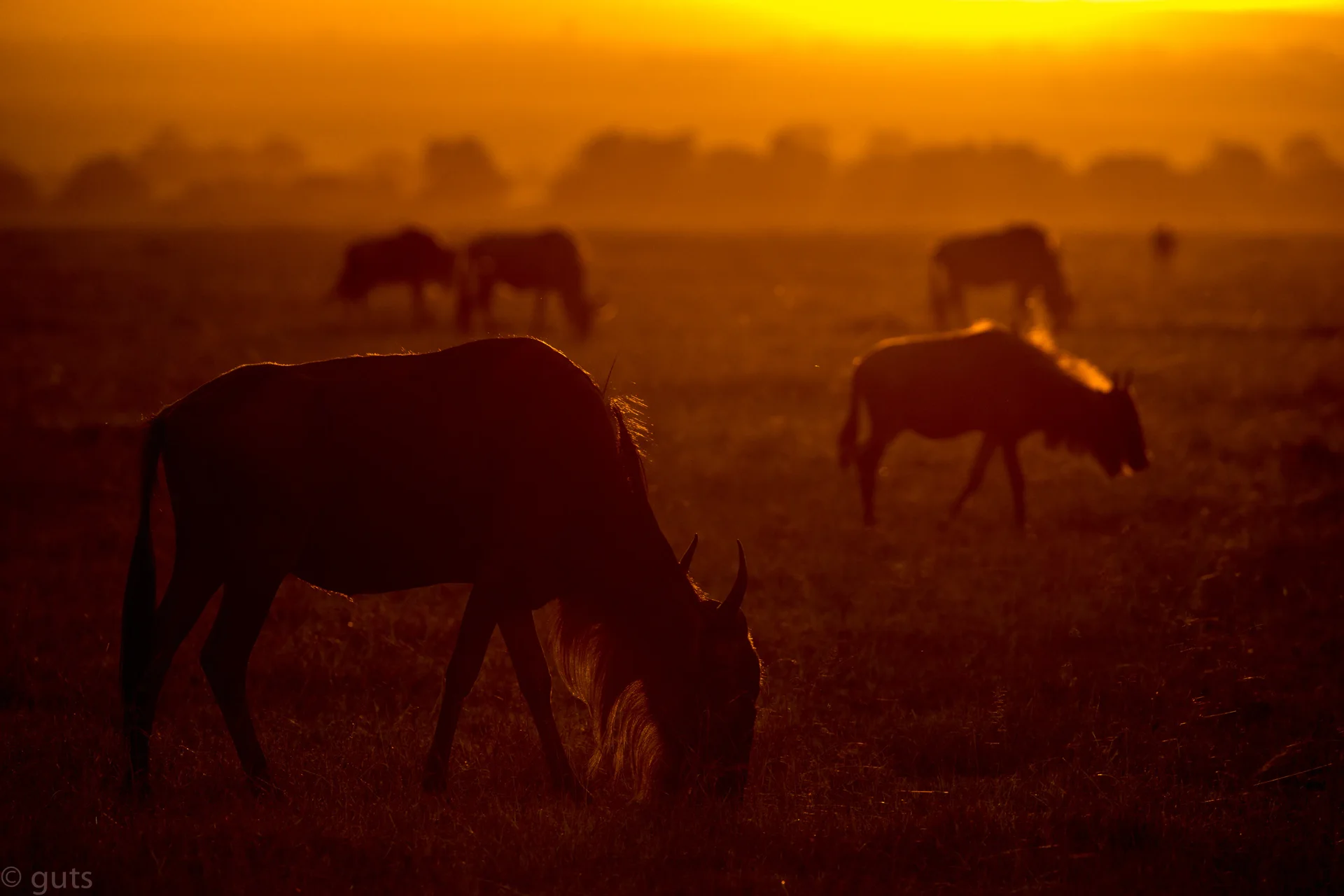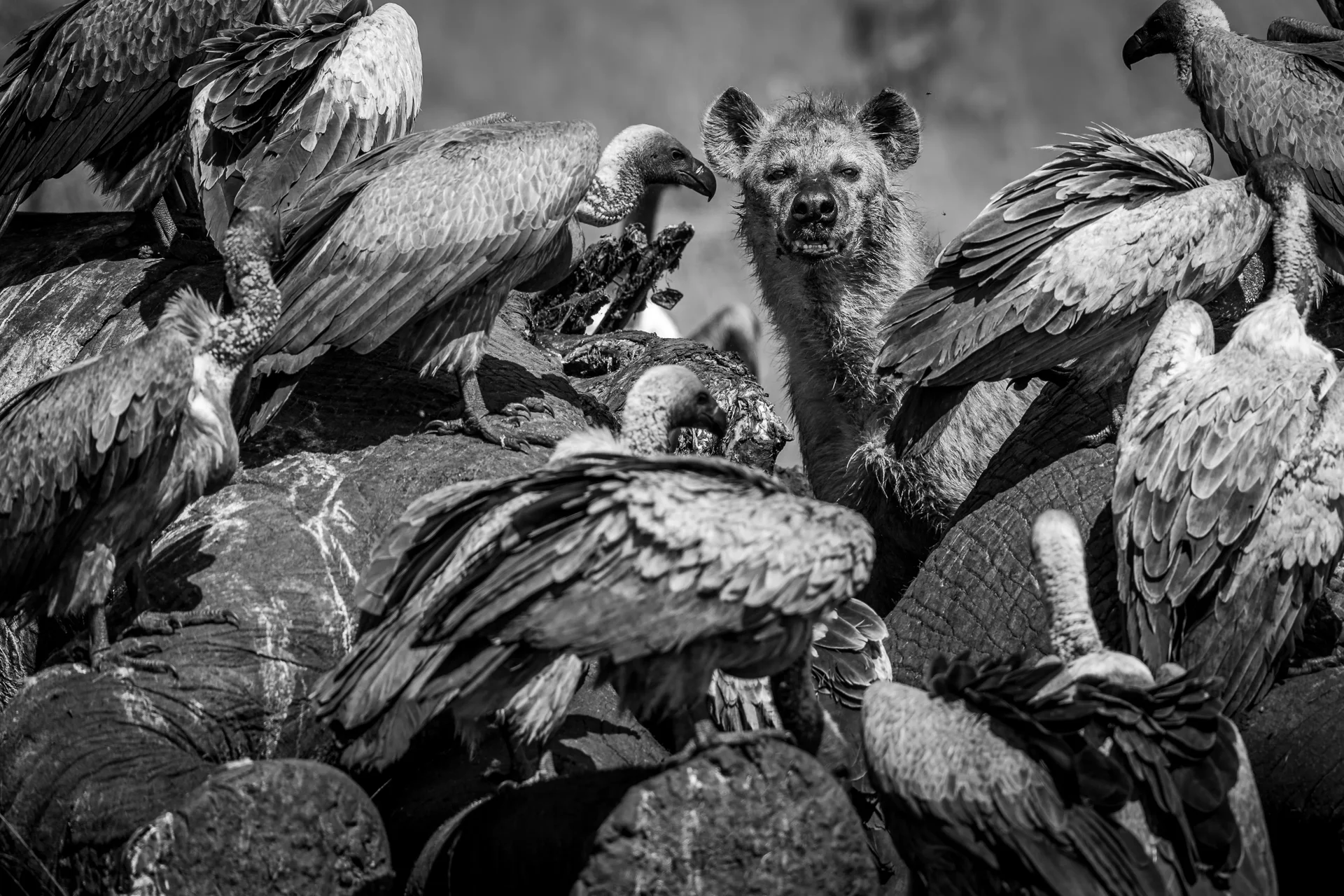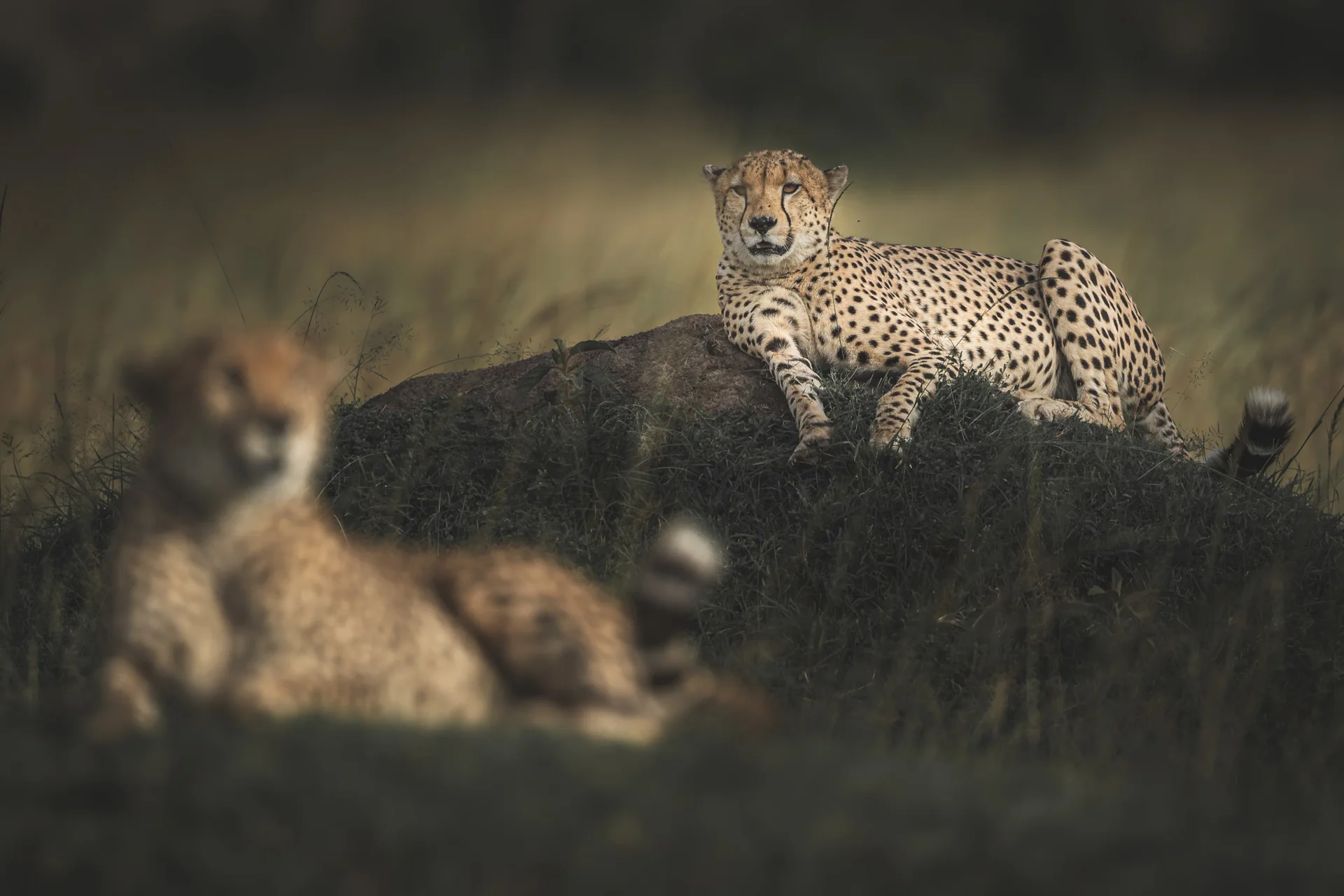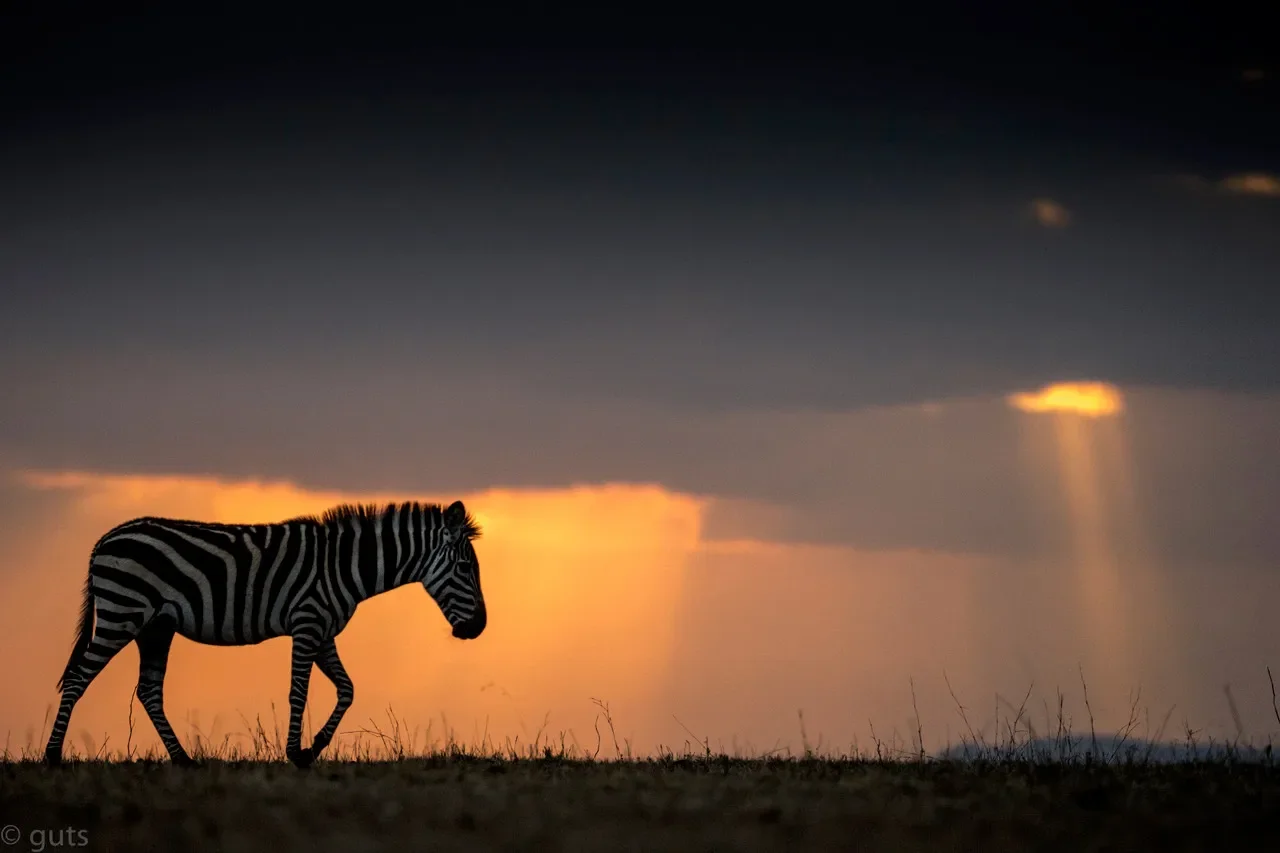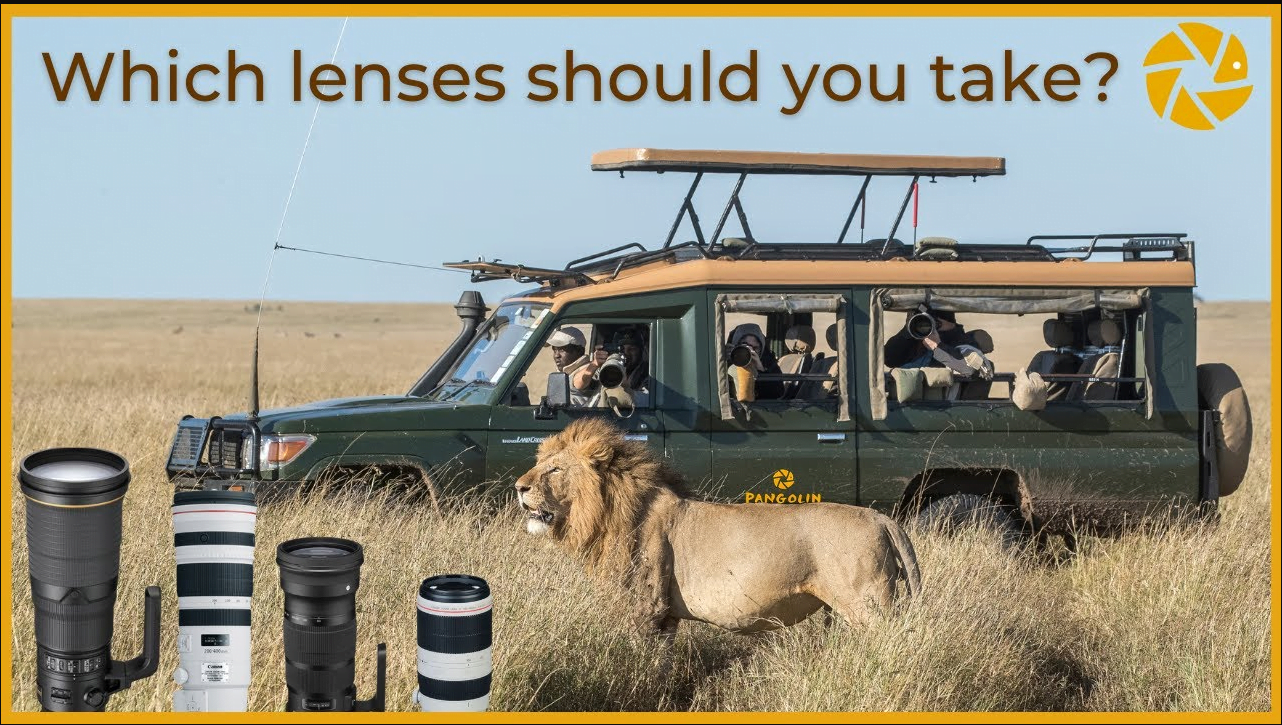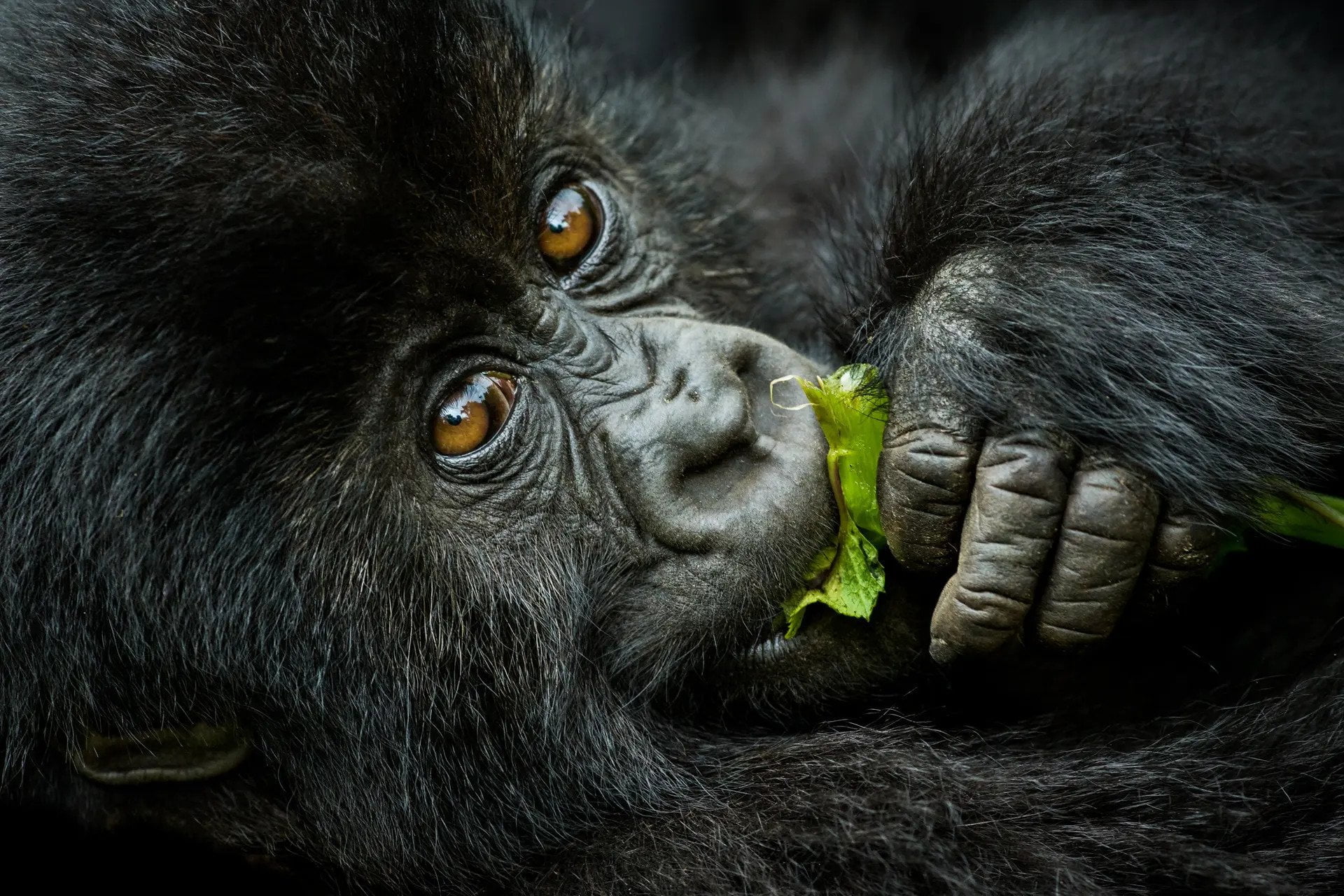Project Description

The Great Migration Photo Safari
The Great Migration Photo Safari in Kenya’s Masai Mara needs no further introduction but certainly needs to be seen at least once in the lifetime of every photographer and wildlife enthusiast.
This will be the sixth year that we have visited this wonderful spectacle, and every year just gets better and better. In our opinion, the months of Late August and September are the sweet spot to capture the migration in all its glory, with fewer cars around than there are in peak season – August. Nature is unpredictable, but we have always had successful safaris in the Mara at this time of year.
We bring in our own vehicles and expert guides and include a hot-air balloon trip on every safari. Hosted by the Pangolin hosts Guts, Janine, William, Charl, Sabine, and Nelis, as well as our Mara specialist Andreas Knausenberger this safari is always a photo highlight of the year for all involved!
The great migration photo safari starts with the group meeting up at our hotel in Nairobi for a first-night dinner and a chance to meet your fellow travellers. The hotel that we use has been chosen for its position between the international airport where you will arrive and the domestic terminal of Wilson Airport, from where you will depart to the Masai Mara the following morning.
We head to Wilson Airport early in the morning to board our private chartered flight to the Masai Mara. We have decided to charter all of our flights to maximise the time that we have and also to allow for extra baggage and camera gear for the group.
The flight takes approximately one hour and then we will land at Ol Kiombo airstrip where we will be met by our team of drivers and guides in the customised Pangolin game viewers. We have three vehicles with a maximum of three guests plus one guide in each. The photo hosts will rotate through the vehicles during the safari giving you a chance to learn and receive photo advice from each of them throughout the trip.
Mara Bush Camp is chosen primarily for its location and we will spend plenty of time out in the Masai Mara National Reserve photographing in the areas surrounding the camp. The location is ideal for getting to the wildebeest and zebra crossings for which the Mara is so famous. There are several popular crossing points close to the camp.
The crossings themselves (as well as the migration route) are unpredictable…it’s nature! We do however stack the odds in our favour by being in the right location at the right time of the year with amazing guides who know The Masai Mara intimately. Any operator who guarantees crossings is not to be trusted in our opinion which is why we don’t. We have an excellent “hit rate” and will always do our level best to get you those shots that you crave.
The tents in the camp are a good size and very comfortable with ensuite bathrooms at the rear and a private seating area at the front. The staff are fantastic as is the food, so you will be taken very good care of.
The time in The Mara will involve full-day game drives each day which always prove most productive photographically. Picnic lunches will be eaten out in the field – under a tree – in between the sightings.
Along with potential crossings, the big cats are always a prime photographic target in the Mara and we will spend lots of time with the resident pride of lions as well as the resident leopards and cheetah coalitions. The open plains of The Mara always deliver!
Included in the safari package is a hot air balloon flight along The Mara River one morning. This form of flight is fantastic and a must-do, so we have decided to include it in the itinerary for everyone on this trip. Photographing as we skip along the trees metres away from soaring vultures and other birds of prey is quite simply stunning. The control that pilots have is incredible and the Governors Balloons are the only ones that spend the majority of the flight directly over the Mara River. After we land in the Mara Triangle, we are treated to a full champagne breakfast at the foot of the escarpment overlooking The Masai Mara. It’s an awesome way to start the day. The drive back towards our camp takes us through more lion country!
In the evenings we will have use of a dedicated editing area with a projector and screen for sharing images among the group. The Pangolin Photo Hosts will be on hand to help with post-production and editing of images in these sessions.
This itinerary is the perfect amount of time for The Mara during migration season and should you want to add other destinations we will be more than happy to organise this for you. We suggest perhaps visiting Samburu, neighbouring Tanzania, or perhaps ticking off another item on the bucket list with a gorilla trek in Rwanda or Uganda. Details of these extensions are in the add-ons tab above.
| 27 Aug – 3 Sept | 2 – 9 September | 8 – 15 September | 14 – 21 September |
Guts, Janine, William & Andreas | Charl, Sabine, Nelis & Andreas |
$10,950 per person sharing | $3,500 Single Supplement
We are delighted to confirm that once again we will be joined by our Kenya specialist Andreas Knausenberger as well as Nelis Wolmarans who also has extensive knowledge of The Masai Mara as well as being one of the world’s top primate photographers. Nelis will be hosting two additional safaris to Uganda for those guests who would like to see and photograph the Gorillas, Chimps and Shoebills either before or after the set of dates where he is hosting with us in The Mara.
Meet and Greet at Jomo Kenyatta Airport – Nairobi
1 night at The Tamarind Hotel (close to Wilson Airport)
Return flight from Wilson Airport to The Mara
10kgs extra baggage allowance for camera gear
6 nights at Mara Bush Camp for the Great Migration Photo Safari
All meals included (plus bottled water and tea/coffee)
Game drives in private custom Land Cruisers (3 per vehicle)
Hot air balloon flight down the Mara River
Pangolin Photo Guides in attendance
International Flights
All drinks other than those specified
Visa fees if required
Laundry, gratuities and items of a personal nature.
Suggested Add-ons
If you are interested in any of the below add-ons, chat to your travel planner or mention it in the enquiry form below.
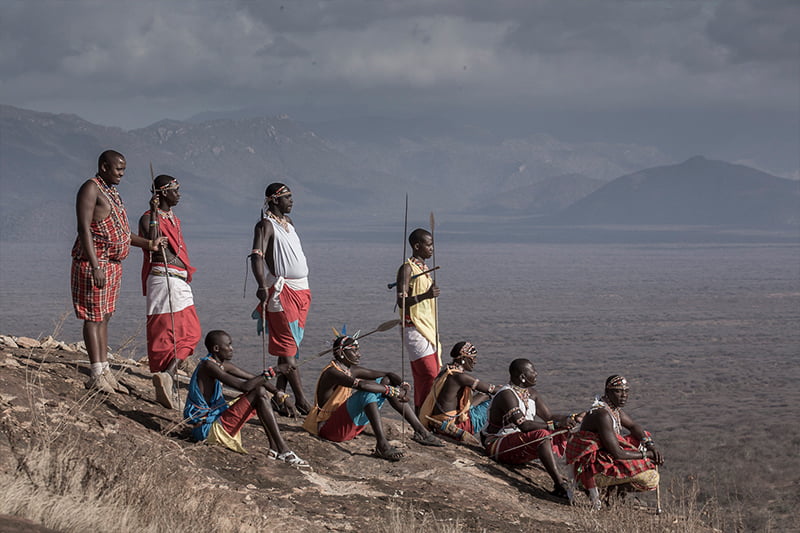
Samburu
Kenya’s hidden gem and home to the “endangered 5” and the mighty Samburu warriors. Exotic species, amazing lodge, landscapes and wonderful people. Samburu is an excellent addition to any Kenya safari itinerary.
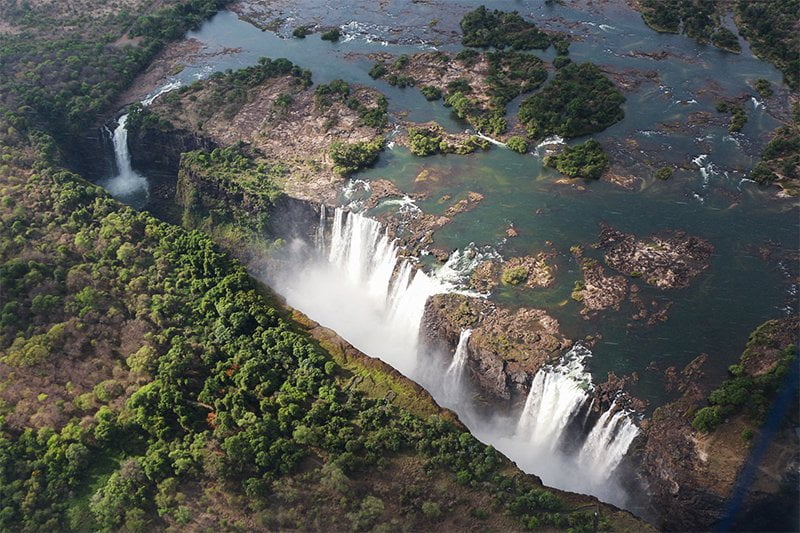
Victoria Falls
A marvellous way to start or end a Southern Africa photo safari itinerary. A visit to Mosi Oa Tunya – The Smoke that Thunders. We have a selection of hand-picked hotels that we use.
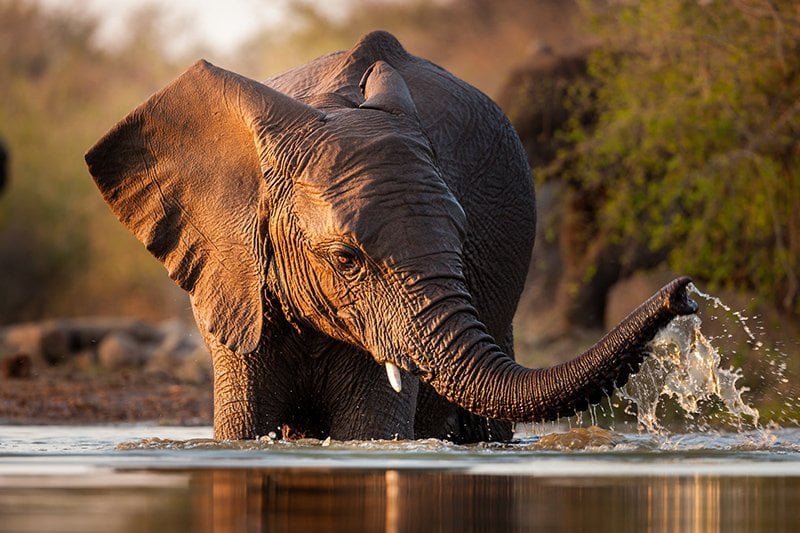
The Chobe
Where it all began for Pangolin Photo Safaris and (in our opinion) probably the best year-round photo destination in Southern Africa. The Chobe is a half day of air travel from Cape Town.
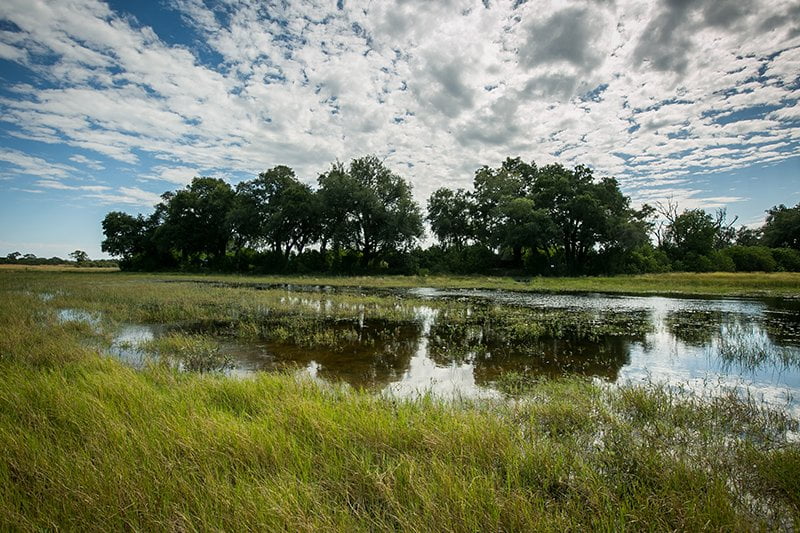
Okavango Delta
Just a two hour flight from Cape Town and a short charter hop has you arriving in this iconic destination just in time for a quick lunch and then out on an afternoon drive.
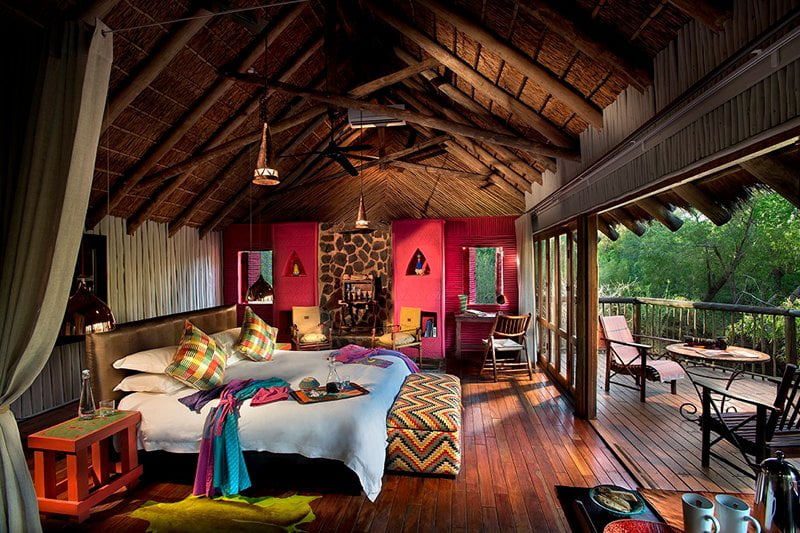
Madikwe
South Africa’s best kept safari secret. Madikwe is home to good populations of Rhino, big cats and wild dogs. There we have a fantastic partner property – Jacis. Option on the way to Cape Town.
When we first went on a hot air balloon trip, during the Great Migration Photo Safari, we made the assumption that we might want a shorter telephoto lens (like a 70-200) rather than something with a longer reach. In fact very quicky we realised that some of the subjects we a little too far for that so we now advise that if you are taking a zoom think about a 100-400mm maybe. Bear in mind that the basket under the balloon can be a tight fit sometimes so longer prime lenses are not advisable.
